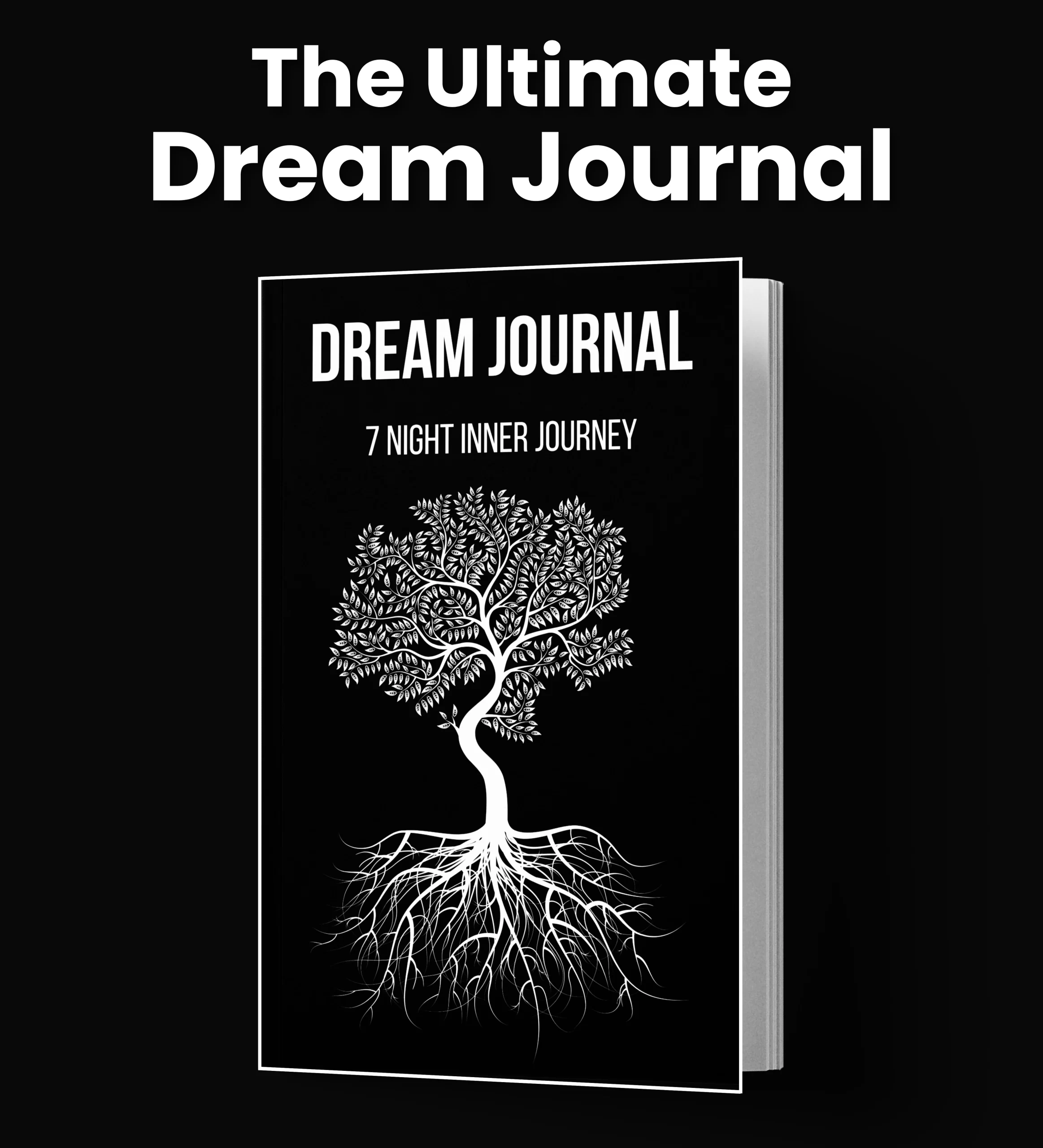Understanding dreams has long fascinated both scientists and the general public due to their profound impact on our mental health and well-being. Among the many types of dreams people experience, those that revisit past events are particularly intriguing. This article aims to explore and answer the question, “Why do we dream about the past?” By delving into the mechanisms of dreaming, memory processing, and emotional regulation, we can uncover the reasons behind these vivid recollections that appear during our sleep.
The Role of Past Experiences in Dreams
Types of Past Experiences in Dreams
Dreams often incorporate significant emotional experiences from the past, such as trauma, pivotal life events, and unresolved conflicts. Schredl and Reinhard conducted a study that found 48% of participants frequently dream about emotional events from their past. This high prevalence suggests that our minds continuously process and revisit these experiences during sleep. Common themes include childhood memories, major life transitions like graduations or job changes, and traumatic incidents such as accidents or losses. These dreams can serve as a way for the brain to process and integrate these impactful experiences, helping individuals to understand and cope with their past.
Psychological and Neurological Influences on Why Do I Dream About My Past
Neuroimaging studies have provided valuable insights into why I dream about my past. Research demonstrated that memory-related brain regions, such as the hippocampus and amygdala, show significant activation during REM sleep. The hippocampus is essential for forming and consolidating memories, while the amygdala processes emotions. This neural activity suggests that dreaming involves reactivating and reprocessing past experiences.
Psychological theories further explain this phenomenon. Hartmann proposed that dreams serve as a form of “nightly therapy,” where the brain processes and makes sense of emotions tied to past events. This theory aligns with the Continuity Hypothesis, which posits that dreams reflect our waking life experiences. By dreaming about past experiences, individuals can work through unresolved emotional issues and gain new perspectives on their past.
Influence of Current Life Situations On Why Do We Dream About The Past
Current stressors and life changes play a significant role in triggering dreams about the past. According to Moorcroft, stressful events often lead to an increase in dreams about past experiences. For example, during periods of high stress, such as starting a new job or experiencing a breakup, individuals might dream about related past events. This phenomenon can be explained by the brain’s attempt to draw parallels and find solutions based on previous experiences.
Studies by Cartwright further support this connection. Their research shows that individuals experiencing high levels of stress or emotional turmoil are more likely to dream about past events. These dreams often serve as a coping mechanism, helping individuals process current emotions by revisiting similar past situations. For instance, someone feeling overwhelmed by a new challenge might dream about a past success, providing reassurance and guidance.
In summary, the role of past experiences in dreams is multifaceted and deeply connected to our emotional and psychological well-being. Dreams about the past allow us to process significant life events, work through unresolved conflicts, and cope with current stressors. By understanding why I dream about my past, we gain valuable insights into the intricate workings of our subconscious mind and its continuous effort to maintain our mental health.
If you wish to analyze your own dreams and understand the role that the past plays on your current wellbeing, use the Self: Dream Analysis app.
Dreams as a Reflection of Memory and Emotional Processing
Memory Consolidation Theory
Dreams play a crucial role in consolidating and processing memories. Stickgold explains that REM sleep is essential for memory consolidation. During REM sleep, the brain reactivates and integrates new information with existing memories. This process helps explain why I dream about my past. Research by Diekelmann and Born highlights the strong relationship between REM sleep and memory. Their studies show that dreams often incorporate fragments of past experiences, aiding memory retention and understanding.
Emotional Regulation: A Key Influence On Why Do We Dream About The Past
Dreaming about past events helps regulate emotions. Cartwright (2010) suggests that dreams process unresolved feelings and experiences. By revisiting past emotional events, the brain attempts to resolve lingering emotions. Nielsen and Levin found that dreams significantly impact emotional well-being. Their research indicates that dreams serve as a safe space for processing intense emotions. This explains why I dream about my past, as it allows my mind to work through unresolved feelings and gain emotional balance.
Problem-Solving and Cognitive Function
Dreams enhance problem-solving and cognitive functions, especially concerning past experiences. Wagner provide evidence that sleep inspires insight and creative problem-solving. Their studies show that dreams often reflect challenges and experiences from the past. By processing these memories, dreams help find solutions and new perspectives. This function explains why I dream about my past, as it enables my brain to analyze and solve problems related to previous events.
In conclusion, dreams serve multiple functions related to memory and emotional processing. They help consolidate memories, regulate emotions, and enhance problem-solving abilities. Understanding why I dream about my past reveals the complex role dreams play in maintaining cognitive and emotional health.


